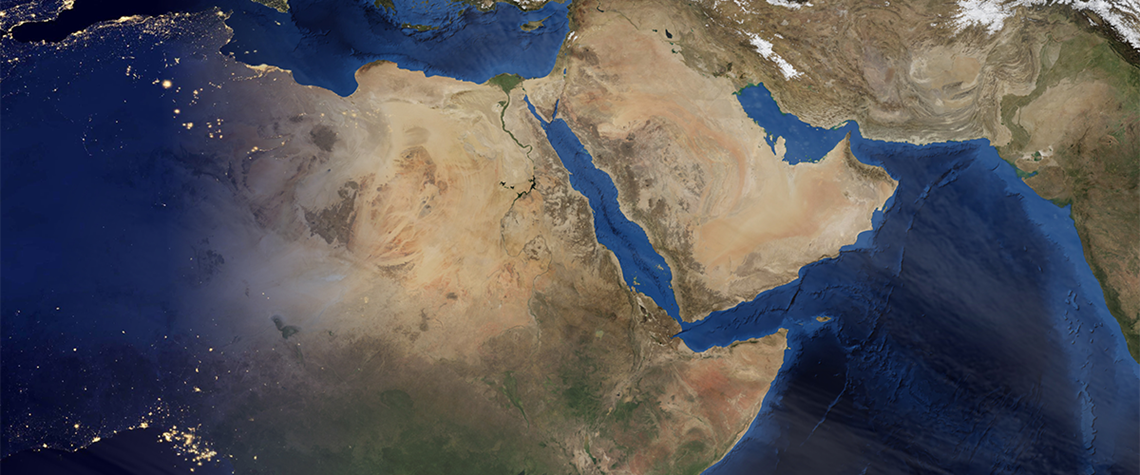Shifting sands alter balance of power in Middle East
The region’s political situation and internal relationships are changing amid the growing influence of Russia and China
The Middle East can be divided into three categories of regional alliances: allies of Iran, allies of Saudi Arabia, and allies of Turkey. The allies of Iran consist of the Assad regime in Syria, Iraq’s federal government, Hamas and Islamic Jihad in Gaza, the Houthi rebels in Yemen and Hezbollah and the Amal Movement in Lebanon. All of these groups have been embroiled in internal crises, including territorial disintegration and political upheavals, as a result of regional competition. The allies of Saudi Arabia include the countries of the Gulf Cooperation Council (GCC)—excluding Qatar—as well as Egypt, Sudan and, to some extent, Jordan. Saudi Arabia also wields significant influence over Sun

Also in this section
24 July 2025
The reaction to proposed sanctions on Russian oil buyers has been muted, suggesting trader fatigue with Trump’s frequent bold and erratic threats
24 July 2025
Trump energy policies and changing consumer trends to upend oil supply and demand
24 July 2025
Despite significant crude projections over the next five years, Latin America’s largest economy could be forced to start importing unless action is taken
23 July 2025
The country’s energy minister explains in an exclusive interview how the country is taking a pragmatic and far-sighted approach to energy security and why he has great confidence in its oil sector








